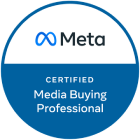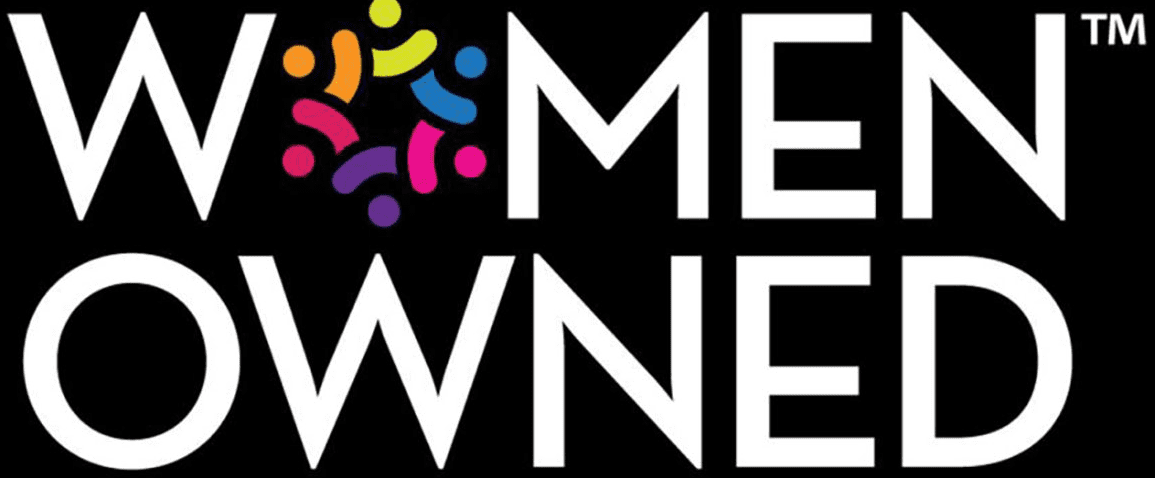When it comes to digital marketing, two main strategies dominate the conversation: search engine optimization (SEO) and pay-per-click (PPC) advertising.
SEO and PPC both have their benefits and drawbacks, but which one is right for your business: SEO vs. PPC? Read on as we break it down.
Sections
What is SEO?
Search engine optimization (SEO) is the practice of improving your website’s content, structure, and authority to rank higher on search engine results pages (SERPs) organically. This involves keyword research, optimizing on-page content, earning backlinks, and enhancing website performance.
SEO focuses on long-term growth, helping your brand gain online visibility and traffic without relying on paid ads. If you’ve ever clicked on a top-ranking blog or article, you’ve seen SEO in action.
Pros and cons of SEO
SEO offers several benefits to businesses. For example:
- SEO is cost-effective. Once optimized, your site can generate organic traffic indefinitely without ongoing expenses.
- SEO builds credibility. Users tend to trust organic results more than paid ads.
- SEO is sustainable. SEO builds lasting visibility over time. As long as you keep your content fresh and valuable, you can defend your top spot in the search results.
However, there are some downsides to SEO, including the fact that it is:
- Time-intensive: For competitive keywords, it can take months (or even years) to rank.
- Dependent on Google’s algorithms: A single algorithm update can drastically affect your rankings.
- Highly competitive: Competing for top spots in crowded industries can be challenging.
What is PPC?
Pay-per-click (PPC) advertising is a paid digital marketing strategy where businesses bid on specific keywords to display ads on search engines or other platforms. Advertisers pay each time a user clicks on their ad—hence the name, pay-per-click. Popular platforms for PPC include Google Ads, Bing Ads, and social media channels like Meta (Facebook and Instagram), Pinterest, and TikTok.
Unlike SEO, which takes time, PPC delivers instant visibility by placing your ad at the top of search results or within people’s social media feeds. It’s a go-to tactic for businesses looking for immediate traffic and results.
Pros and cons of PPC
PPC is a highly effective strategy for digital marketing. For example:
- PPC delivers near-instant results. Your campaigns can go live and generate traffic within hours.
- PPC offers precise targeting. PPC allows granular targeting by demographics, location, and even user behavior.
- PPC is easily scalable: You can adjust your budget to scale campaigns up or down as needed.
There are also some drawbacks to PPC, however. For example:
- It’s expensive: Costs can spiral if not managed carefully, especially for competitive keywords.
- It only works on a pay-to-play basis. Once you stop paying, the traffic stops too.
- Click fraud can be a problem. Competitors or bots might click your ads, driving up costs without real results.
Key differences between SEO vs. PPC
Here are the key areas where SEO and PPC differ.
- Cost: SEO requires an upfront investment in time and expertise but doesn’t involve ongoing costs per ad. PPC, on the other hand, charges you for each click, which can quickly add up.
- Speed: PPC delivers immediate results. With SEO, it may take months to see significant improvements in traffic and rankings.
- Longevity: SEO provides long-term benefits, driving consistent traffic even after you stop actively working on it. PPC stops driving traffic the moment your campaign ends.
- Control: PPC gives you more control over where, when, and how your message appears. SEO relies on search engine algorithms, which can change unexpectedly.
SEO vs. PPC: Which will work better for your business?
The answer depends on your business goals, marketing budget, and timeline:
- If you need immediate results: Go with PPC. It’s ideal for new product launches, limited-time offers, or generating leads quickly.
- If you’re focused on long-term growth: Invest in SEO. Building organic traffic takes time but can deliver sustainable results and higher ROI in the long run.
- For a balanced approach: Combine both. Use PPC for instant visibility while working on SEO to build long-term traffic. Ultimately, this is the strategy most businesses should use.
SEO and PPC aren’t mutually exclusive. They’re complementary strategies that, when used together, can amplify your digital marketing results.
Need help deciding between SEO vs. PPC? Talk to the digital marketing experts at Your Marketing People.







